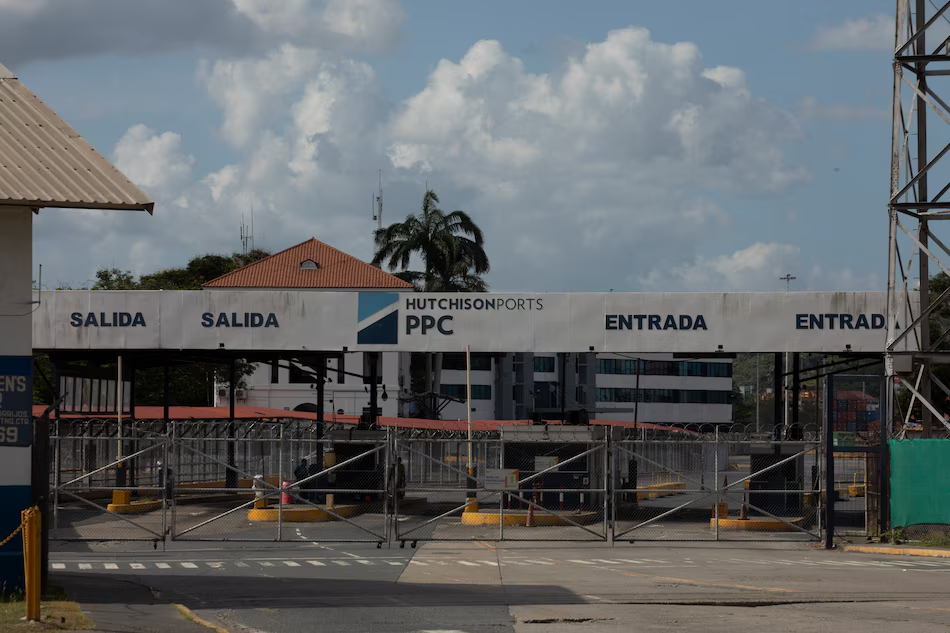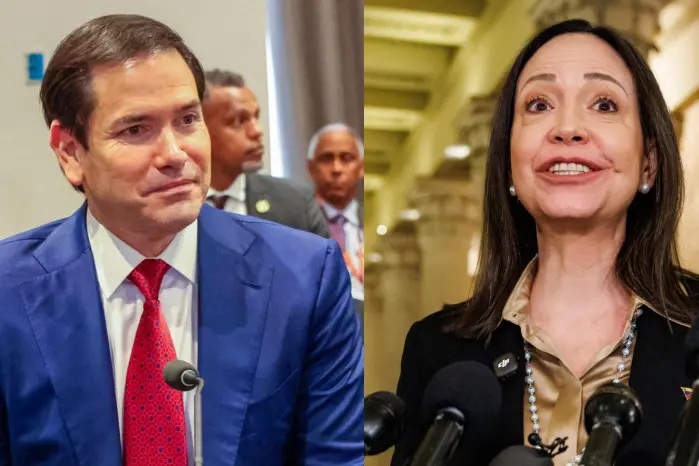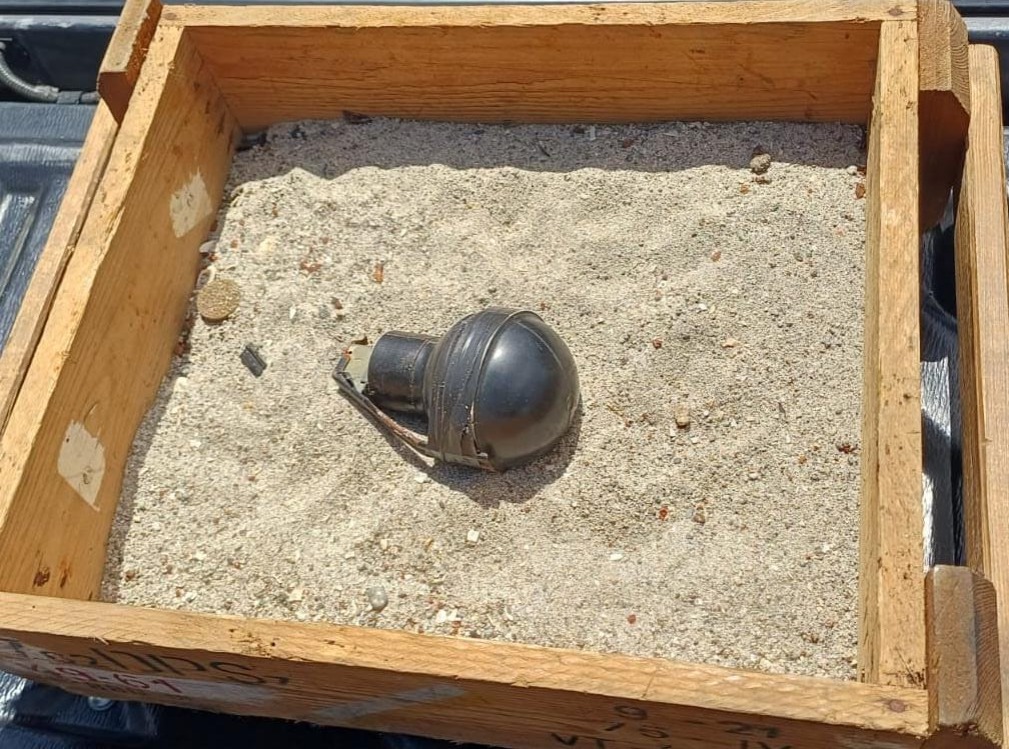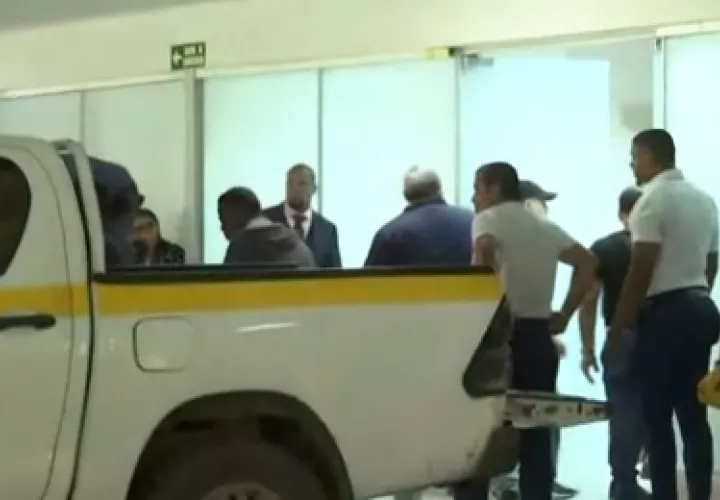The case for televising the Odebrecht trial
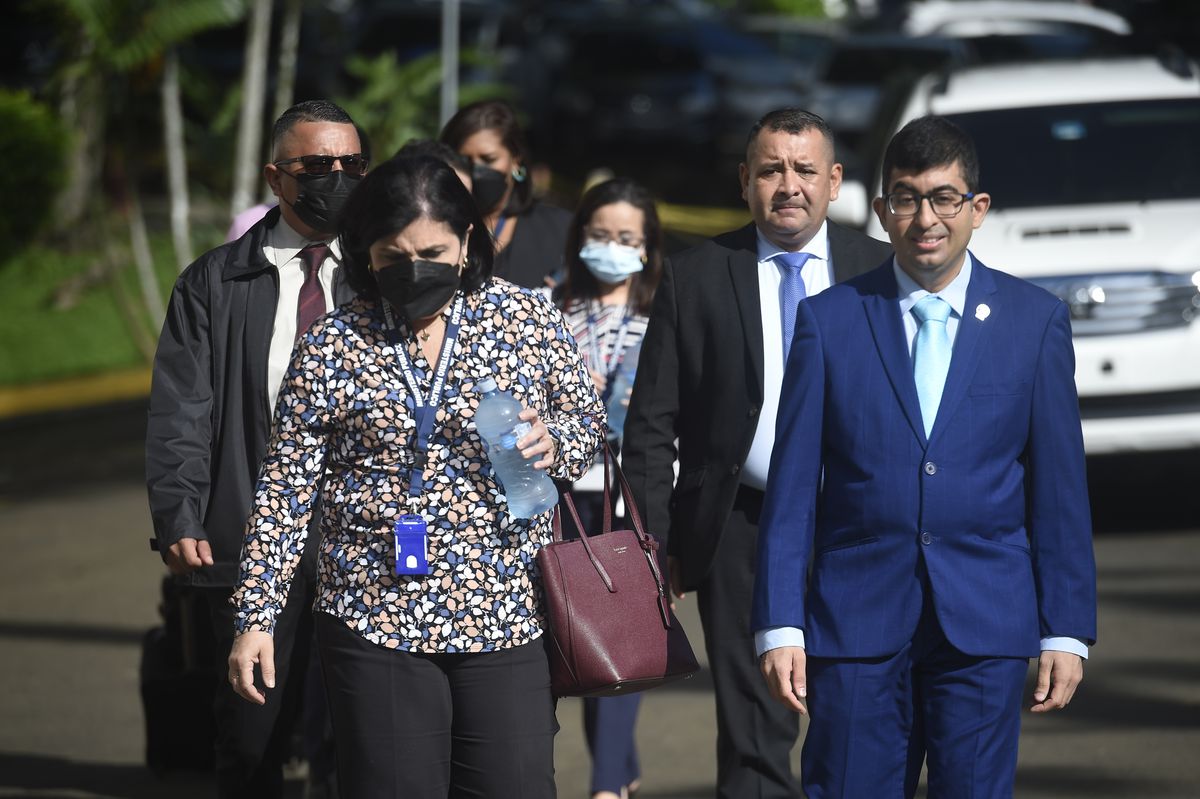
The restricted interpretation of the Judicial Branch regarding the knowledge and immediate perception that citizens should have in the different criminal hearings of high-profile corruption cases is a factor that increases the lack of credibility of justice.
In principle, all criminal trials should be broadcast on radio, television, and digital media. The reality is that new technologies allow the Judicial Branch to have its own digital portal for the transmission of these cases, or to establish various YouTube channels to provide the population with knowledge of what happens in a criminal trial.
Obviously, there are exceptions when it comes to minors, or victims or witnesses requesting the protection of their privacy, but the general rule should be that more publicity is better for the justice system itself.
The American Convention on Human Rights says in its article 8.5 that: “The criminal process must be public, except in what is necessary to preserve the interests of justice.” This principle is both a protection for the accused and a guarantee for citizens to control their judicial system. While more courts of justice in the world opt for the live transmission of their hearings, Panamanian justice goes in the opposite direction.
The Principles
The Judicial Code establishes the principle that the hearing will be public “under penalty of nullity”, except for the exceptions mentioned above. The concept of “publicity” has traditionally meant that a limited number of stakeholders, including the media, could attend hearings.
Thus, article 358 of the Code of Criminal Procedure establishes that one of the principles of the hearings is their public nature. In turn, Article 363 of that same Code, develops the access of the media to the hearings, and although the article is loaded with good intentions, it establishes the possibility that the access of the media be limited or excluded: “If the victim, the accused or any person who must give a statement requests that the media not be authorized to record their voice or image, the Court will enforce their request.”
The access of representatives of the media, only makes it easier for citizens to know what the media was capable of synthesizing and complementing with the triumphalist versions of all parties outside the courtroom. Citizens are left with a perception of a boxing encounter, and their access to the truth of the process was limited.
Interestingly, the foundation of Criminal Law —which is what is applied in these hearings,— must take into account what is said by the Penal Code in article 7: “The penalty shall comply with the functions of general prevention, fair compensation, special prevention, social reintegration and protection of the sentenced. The “general prevention” function means that the whole of society knows what the justice system does, that crimes are punished and that judges can be trusted.
Historical precedent
Historically, major trials, such as the trial of former President Arnulfo Arias Madrid, by the National Assembly in 1951, and the trials for the assassination of President José Antonio Remón Cantera (1955-1957), were broadcast by radio. More recently, the process against Supreme Court Justice Alejandro Moncada Luna (2015) was broadcast on radio and television. Likewise, the formalization of the effective collaboration agreement between Odebrecht and the Panamanian State (2017) was broadcast on radio and television.
It does not make sense that if the hearing of this collaboration agreement was disclosed to the four winds, the trial in which that agreement is used, is limited to a closed-circuit screen available only to the media.
Given that this case is about a company whose trail of corruption involved three governments and has two former presidents as defendants, it is fair that the citizens listen to their testimony live, and see their language in full color. Body language and other paralinguistic signs sometimes reveal much more than what is expressed orally. Furthermore, it is necessary for public opinion to learn from the experts and international judicial cooperation, the sinister details of the corruption that plagued the country. It is necessary to show the citizenry that its justice works, and that it is capable of bringing to court the most powerful actors in Panamanian political life. Rodrigo Noriega, La Prensa

